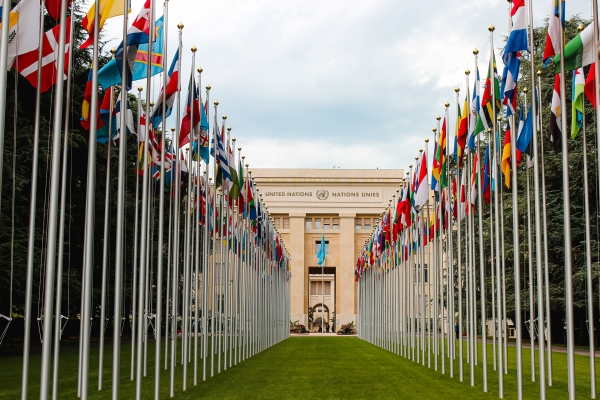This report was created by the United Nations after Martin Griffiths’ final briefing to the United Nations Security Council in his role as Special Envoy to Yemen. Griffiths was appointed in the midst of crisis in 2018 and has attempted to introduce negotiations for peace between leaders in the Saudi Arabian government and the Ansar Allah, or Houthi, movement in Yemen. His work in Yemen began with optimism, as he pushed for an agreement that gave over control of the port of Hodeidah, which serves as a focal point for the entrance of aid into Yemen. This proved unsuccessful, however, as the agreement failed to be fully implemented in the country. Focusing on shuttle diplomacy, Griffiths worked with both Saudi Arabia and the Houthi rebels on a compromise that never came.
The material of this report was conducted through his final press briefing to the UN Security Council. The report focuses on Griffiths’s speech and ultimately outlines the prospect of peace for Yemen given Griffiths’s experience in attempting to kick-start negotiations between the two sides. It focuses on his advice to ambassadors in the region, as well as stresses the importance for the United Nations to continue their mission in Yemen to end the conflict.
As the UN report states, creating a ceasefire between the two sides would ultimately enable the country to recover and end one of the worst humanitarian crises ever, as long as the political process remains inclusive. The country is currently experiencing the world’s worst food security crisis, with Human Rights Watch stating that 20.1 million people – nearly two-thirds of the population – have required food assistance since the beginning of 2020. With this context in mind, Griffiths created the report to warn the Security Council of the dire need for compromise that reflects the interests of both the conflicting sides and the victims of the violence. As the report indicates, no agreements have been accepted by anyone so far. Ansar Allah continues to insist on a stand-alone agreement in which vital areas, like the ports in Hudaydah and the airport, remain a precondition for ceasefire. However, the government wishes for a package deal in which all the issues are agreed and implemented. Throughout his speech, Griffiths stresses the correlation between the failure of compromise for Saudi Arabia and Houthi rebels and the existence of the worst humanitarian crisis. He notes that because leaders have been unable to compromise, Yemenis are forced to live in a failed state.
At the end of his report, Griffiths recommends five steps be implemented in order to help Yemen. This includes stopping the war, enforcing better protection for civilians, greater access for humanitarian workers, more funding for aid operations and more support for the economy. He notes that none of this can be successful until an agreement is reached between the two parties. In terms of action from the United Nations, Griffiths calls for increased attention to the ongoing conflict in Yemen, emphasizing the aforementioned five points. In this way, Yemen could potentially become a more peaceful place.
To know more, please read:
https://news.un.org/en/story/2021/06/1094032
https://www.hrw.org/world-report/2021/country-chapters/yemen
Author: Emily Herstine - Editor: Andrew Goodell - Translator: Gianpaolo Mascaro







